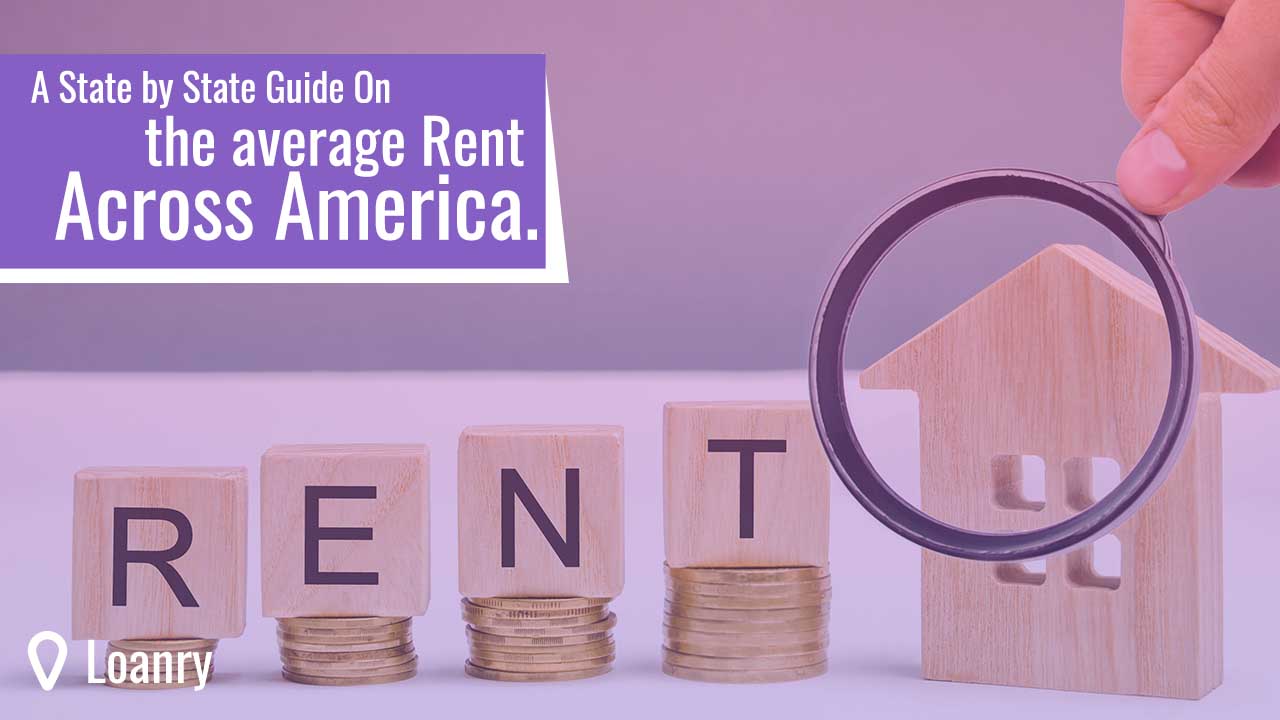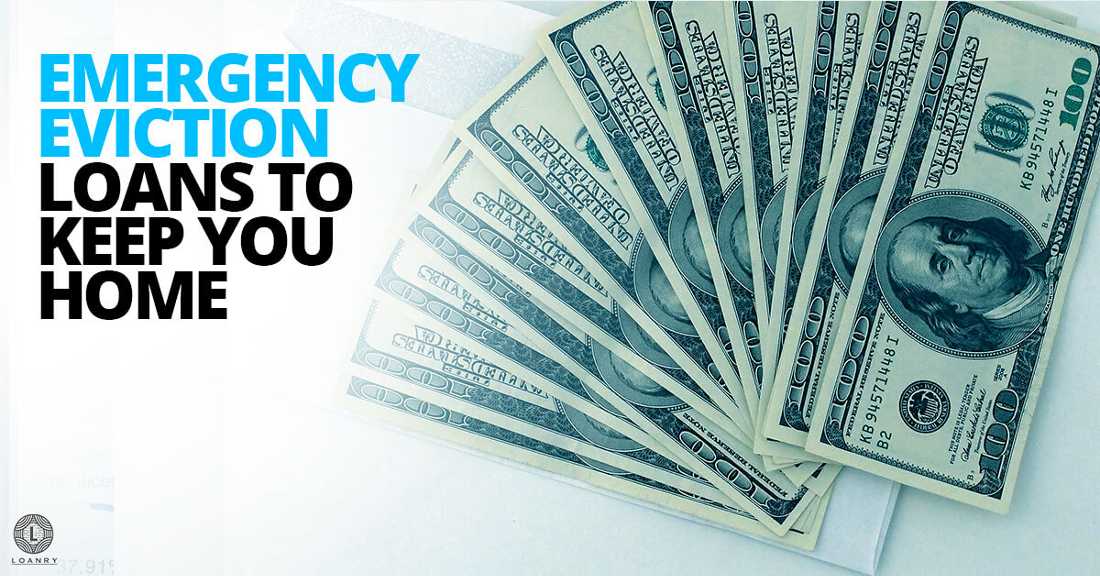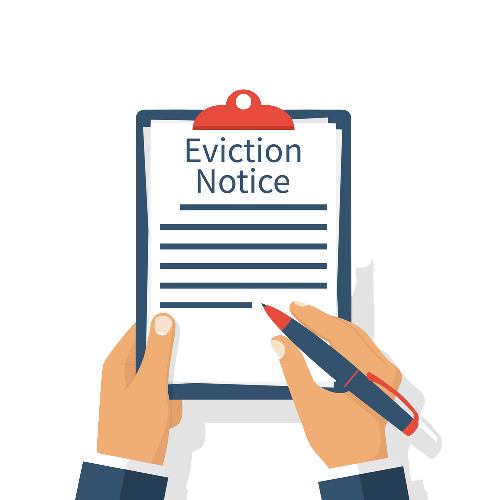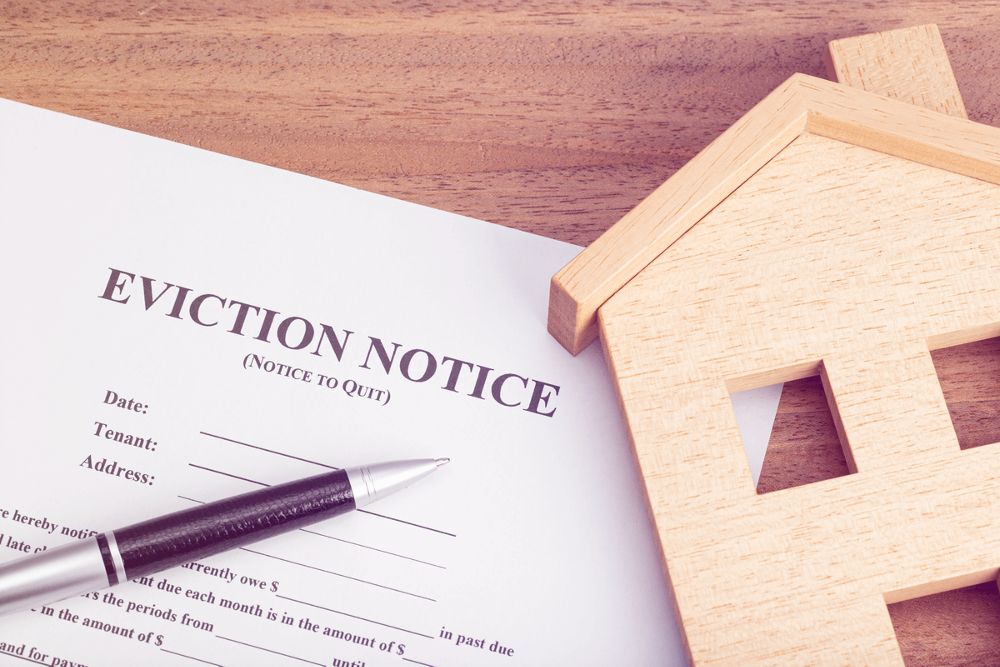
So many Americans have to deal with the high cost of housing, which does not match up to their weekly or monthly wages. The average employee in the United States earns about $25.70 per hour used to pay for a modest and humble 2 bedroom apartment. This hourly amount is 3 times more than the national minimum wage, which is an average of $7.25 per hour. Some areas of Hawaii, New York City, California, Alaska, Virginia, Washington DC, Maryland, and Colorado have high rental payments. The lowest average rent is in states like Wyoming, North Dakota, Iowa, Wisconsin, Alabama, and Mississippi.
A State by State Guide On the Average Rent Across America
Let us take a look at each individual state and the average monthly rent.
The Average Rent in Oklahoma
In Oklahoma, there is a low cost of living. Residents only need about $16,000 per year to cover basic needs including rent. The median rent in Oklahoma City could cost about $899 per month.
Missouri
Missouri is a great state to live in and Kansas City especially has a lot of people who relocate from other cities across the United States. The average amount needed for basic needs is about $27,750 annually. The cost of renting a home or apartment is $1,172 per month. For renting a studio, it is about $459.
The Average Rent in Kentucky
The beautiful city of Lexington in Kentucky opens its doors to local residents and people moving from other places. On average, the monthly rent for a house or apartment is about $1,149 per month. For an efficiency or studio, it is $509. Depending on the area, the average annual cost of basic necessities is $24,906.
Arizona
Phoenix is a great city in the United States to live in. With only $23,205 per year as income, you can cover basic needs. The average monthly rent payment in the city of Phoenix and other large cities within the state of Arizona for a studio apartment has increased by 7% and is $1,145. A one bedroom apartment is going for $1,275.
North Carolina
This beautiful city of Raleigh in North Carolina and the other major cities in the state allow for a decent lifestyle. Monthly, rent is $1,484. You need about $27,563 to cover your basic annual needs.
Hawaii
A two-bedroom apartment in Hawaii would cost $1,880. Hawaii is known for being one of the states with the highest housing cost. So that kind of rent is not unusual. To be able to afford this kind of rent, the renter would have to make $35.20 an hour. This is 4 times that of the minimum wage in the state at $9.25. If you are a family of 4, it means you would have to be a breadwinner making at least $80K per year. For single people, it is $35K per year.
The Average Rent in Maryland
In most parts within the state of Maryland, a two-bedroom home costs an average of $1,780 for renters. The average per hour income for this renter would be $28.27. In Silver Springs, Maryland, the monthly rental payment is an average of $1,620. In the city of Baltimore, the average rental cost is $1,330 per month. For those living in Anne Arundel, the combined yearly income would have to be $99,570.
But, bear in mind that the cost of living in Silver Springs is higher than in the city of Baltimore, even though they are in the same state. This is true for all the states within the United States. There is always going to be an obvious disparity.
| States of the United States of America | Average Rent |
|---|---|
| Nebraska | In Nebraska, the average rent is $970. You would spend about $21,000 annually for basic needs. |
| Colorado | In Colorado, the median rent per month is $1,480; especially in areas like Denver, Aurora and Colorado Springs. Other rural areas have lower rents. |
| Indiana | The rental payment each month on average in the state of Indiana is $950. However, you can find cheaper rent as you go outside of the city. |
| Tennessee | In Tennessee, the monthly rent on average for the entire state is $997. |
| South Dakota | The second lowest average rent in the United States is in South Dakota at $835 per month. |
| Rhode Island | $1,240 is the median rent paid by residents in Rhode Island. |
| Iowa | If you want to live in the state of Iowa and rent an apartment, you should expect to pay $845 per month. |
| Connecticut | The people in Connecticut pay an average of $1,398 each month for rent. |
| North Dakota | The median rent in North Dakota is $866 per month on average. |
| Georgia | $1,118 is the median rent in the state of Georgia. It also depends on where in the state you live as is the case in most other states. |
| Oregon | To live in the state of Oregon, expect to pay a monthly rent of $1,336 on average. |
| Alaska | $1,299 is the average monthly rent paid by Alaska residents. |
| Vermont | You can expect to pay an average rent of $995 each month in the state of Vermont. |
| Delaware | $1,420 is the median rent paid by residents in the state of Delaware. |
| New Hampshire | The residents of New Hampshire pay an average of $1,289 for rent each month. |
| Wyoming | If you want to relocate to Wyoming, the average monthly rent is $899. |
| Utah | $1,217 is the median rent for those living in the state of Utah. |
| Montana | $990 is the average rent each month for most residents of Montana. |
| Maine | In Maine, most residents pay an average of $1,320 for their monthly rents. |
| Louisiana | Monthly rent in the state of Louisiana is $889 on average. |
| Nevada | The average monthly rent for Nevada is roughly $1,298. |
| Mississippi | $895 is the median rent paid by renters in the state of Mississippi. |
| Alabama | If you want to move to the state of Alabama, you would pay at least $990 per month for rent. |
| New Mexico | $985 is the average monthly rent paid by residents in New Mexico. |
| New Jersey | $1,589 is the average rent that most New Jersey residents pay per month. |
| Arkansas | $798 is the average monthly rent in the state of Arkansas. |
| North Carolina | $1,567 is the average rent per month people in North Carolina pay. |
| Wiskonsin | You can expect to pay at least $983 for rent each month in Wisconsin. |
| Pennsylvania | In Pennsylvania, residents pay $1,140 on average for monthly rents. |
| Virginia | $1.410 is the average monthly rent for most Virginia residents. |
| Minnesota | The average rental payment for residents each month in Minnesota is $1,140. |
| Missouri | The average rental payment for residents each month in Missouri is $1,272 |
| Kentucky | The average rental payment for residents each month in Kentucky is $1,149 |
| Maryland | $1,780 is the average rent per month for residents in major cities in Maryland. |
| Hawaii | $1,880 is the average rent per month for residents in Hawaii. |
| Florida | $1,459 is the average rent per month for residents in Florida. |
| California | $2,390 is the average rent per month for residents in California. |
| New York | $3,750 is the average rent per month for residents in New York. |
The Average Rent in California
In the state of California, the monthly average income is $10,200 and the rent is about $3,5778. An annual amount for basic needs is approximately $28,600. And average earnings of $69,350 annually. In Santa Ana, California, the average rent is $2,390 per month. Ever thought about a loan for rent? This is a possibility that you could consider if you ever get into trouble finding your rent.
New York
It is expensive to live in New York City. But outside of New York, such as New Jersey or Long Island, the average rent is not the same. For example, in Buffalo, New York, the rent is $1,600 per month and in Manhattan, it could go as high as $3,750. To afford living in Manhattan, NY, you have to earn at least $45,442 per year.
The median rent in New York city is $1,700.
Examples
Census median rents are influenced by the affordable housing segment. And in some cases are too different compared to market rents. Especially in cities like San Francisco, California where Census-derived monthly rent is around $1,759 and the average rental market rate reaches $3,377 per month. The same is true for Boston, Massachusetts ($1,528 vs. $3,105) and Manhattan, New York ($1,701 vs. $3,750).
The median income in Miami is seriously burdened in comparison to the median rent, which takes more than half away! And who would have thought that burgeoning Miami would be exactly like the still-recovering Detroit?
Florida
Florida is a very popular state in the United States to live in. You can earn as much as $6,990 per month and pay a median rent of $1,380. Your annual income could be $82000. And to satisfy our basic needs, you would only require $25,000. Miami is one of the cities preferred by Latin American immigrants. Here, the average rental cost for one person is $ 1,459 per month in average neighborhoods and up to $ 2,200 in more exclusive areas.
Michigan
The city of Detroit in the state of Michigan, with 675,000 inhabitants, is the largest on the border between the United States and Canada. The average rental cost here is $975.
The Average Rent in Washington
Seattle has less than a million inhabitants. But in recent years, it has become one of the cities with the highest growth in population thanks to the jobs that the technology sector generates; Amazon is based there. In Seattle, the average cost of rent for one person is $ 1,358.
Texas
In Houston, the average rental cost for one person ranges from $ 1,278 to $ 1,627. It depends on the area. And a furnished studio for one person can be found for $ 1,315 to $ 1340 per month.
The Average Rent in Illinois
In Chicago, the third-largest city in the United States, the average monthly rental cost for one person ranges from $ 1,590 to $ 2,300 depending on the area.
West Virginia
In West Virginia, the lowest average rent is between $758 and $889 per month. This is almost a third of what it costs to rent an apartment in the state of California.
Massachusetts
Boston has a population of 678,000 inhabitants. But its metropolitan area added to its surroundings (Greater Boston) reaches 4.9 million people. In Boston, the average cost of housing for one person is $ 1,809. Massachusetts is one of the most expensive in the nation. Here, the average monthly electricity bill is $ 298.00.
The Average Rent in Washington, DC
Washington DC is not part of any state and depends directly on Congress. Has 680,000 inhabitants but is part of a metropolitan area that includes counties in Virginia and Maryland. Here, the median home rent for one person is $ 1,485 per month.
Ohio
Every location within the state has different rental payment amounts. For example, Toledo, Ohio residents pay an average of $818 to $898 per month. While in Cleveland, Ohio, the average rent is $945.
Rare Exceptions
The thing is that you can’t even say that the top 10 cities are rare exceptions. More than two-thirds of the cities are moderately burdened by the cost of the rent. This means that the median income occupies between 30 and 49.9% of the median income. So yeah, if you think you pay a lot for rent, you really are not alone. Again, being burdened with the cost of rent doesn’t necessarily mean that you can’t save a few coins.
The Norm
It is normal to compare the cost of living including rent by different states and cities, if you wish to relocate or move from one city or state to the next. It is even essential to do so. The idea is to have a very precise and clear picture of which destination will treat you the best. Remember that it all depends on each person, income, city of interest, the particular apartment you like and other variables.
In Summary
There are ways you can save on rent, no matter where you live within the United States. Need money for rent? You probably were not aware that you can get a loan to finance your rent.

Cheryline Lawson is a personal finance writer who lives in Fort Lauderdale, Florida with her husband and two boys. She has worked as a mortgage broker and loan processor in the most recent past. She shares a lot of her experiencing in financial planning, real estate investing and budget advice with national media outlets like GoBankingRates, Intuit, Bustle, Buzzfeed and CBS News. Ms. Lawson is a graduate of Broward College in Florida. She came into her own as a mortgage broker after realizing so many people need help to get into their first home. She has a passion for helping others, especially those who need financial advice to use in their daily lives.



 The eviction process starts first with a written notice. It outlines why the tenant is getting evicted, if there are any ways that the eviction can be avoided. It also includes what need to be done to rectify the situation. Your landlord can send a notice of eviction for a variety of things. The most common is violation of terms of the rental agreement. Another common cause for eviction is being evicted for not paying rent.
The eviction process starts first with a written notice. It outlines why the tenant is getting evicted, if there are any ways that the eviction can be avoided. It also includes what need to be done to rectify the situation. Your landlord can send a notice of eviction for a variety of things. The most common is violation of terms of the rental agreement. Another common cause for eviction is being evicted for not paying rent.

